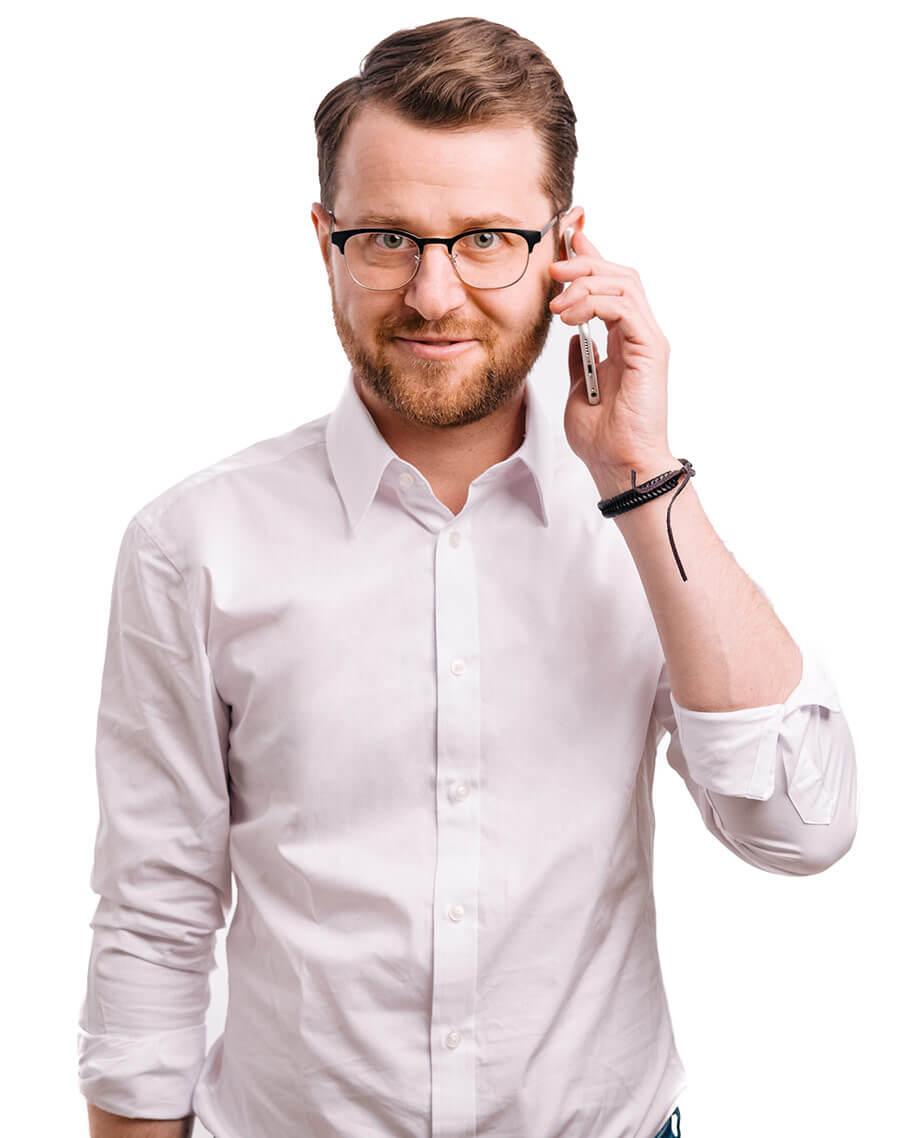Involving children in research and usability testing presents unique challenges and opportunities. Unlike adults, children require a special approach that takes into account their developmental stages, interests and attention spans. It’s important to create an environment that not only provides valuable insights for researchers, but also ensures a positive and engaging experience for the young participants. This article explores best practices for conducting effective research and usability testing sessions with children, highlighting the importance of balancing professional requirements with the specific needs of this group.
How to run a session with children – best practice
When planning and running sessions with children, the first priority is to create a space that is both safe and stimulating for them. This means creating an environment that is visually appealing and comfortable, with elements that match their interests and size. A colourful and welcoming environment with child-friendly items will encourage children to relax and engage more openly with the tasks at hand.

It is also important to choose tools and materials that are familiar and enjoyable to children. Simple, intuitive items such as coloured markers, drawing paper and user-friendly gadgets can make it easier for them to express their thoughts and feelings. Simple feedback mechanisms such as smiley scales or star ratings are effective in eliciting clear and honest responses from children.
Given the shorter attention spans of younger children, the design of activities is crucial. Sessions should be structured to keep them short, varied and interesting. Incorporating a mix of different tasks, interspersed with breaks, will help to maintain their focus and interest. It’s important to be alert and flexible, ready to adapt activities according to the children’s level of engagement.
Creating a playful and relaxed atmosphere during testing is key to getting real feedback. When children see the activities as fun rather than a formal test, they tend to respond more naturally and openly.
This approach not only ensures more accurate data, but also enhances the children’s experience.
Children come with different personalities and behaviours, and it’s important to be prepared for this diversity. Some may be shy and need encouragement, while others may be more outspoken and need guidance to stay focused. It is important to adapt the approach to each child’s individual needs and to ensure that each child feels comfortable and heard.
Involving children in the creation or improvement of the products or services being tested can be highly beneficial. Encouraging them to share their ideas, draw their visions, or participate in simple tasks can lead to creative and insightful contributions. This involvement fosters a sense of ownership and engagement, making the session more meaningful for them.

Balancing professional insight with childhood wonder
Successfully conducting research and usability testing with children requires a thoughtful and adaptable approach. By creating an environment that is both engaging and sensitive to their needs, researchers can gain valuable insights while providing an enjoyable experience for young participants. It’s about striking the right balance between a professional test setup and the unique requirements of working with children, ensuring that their perspectives are valued and their well-being is prioritised.


